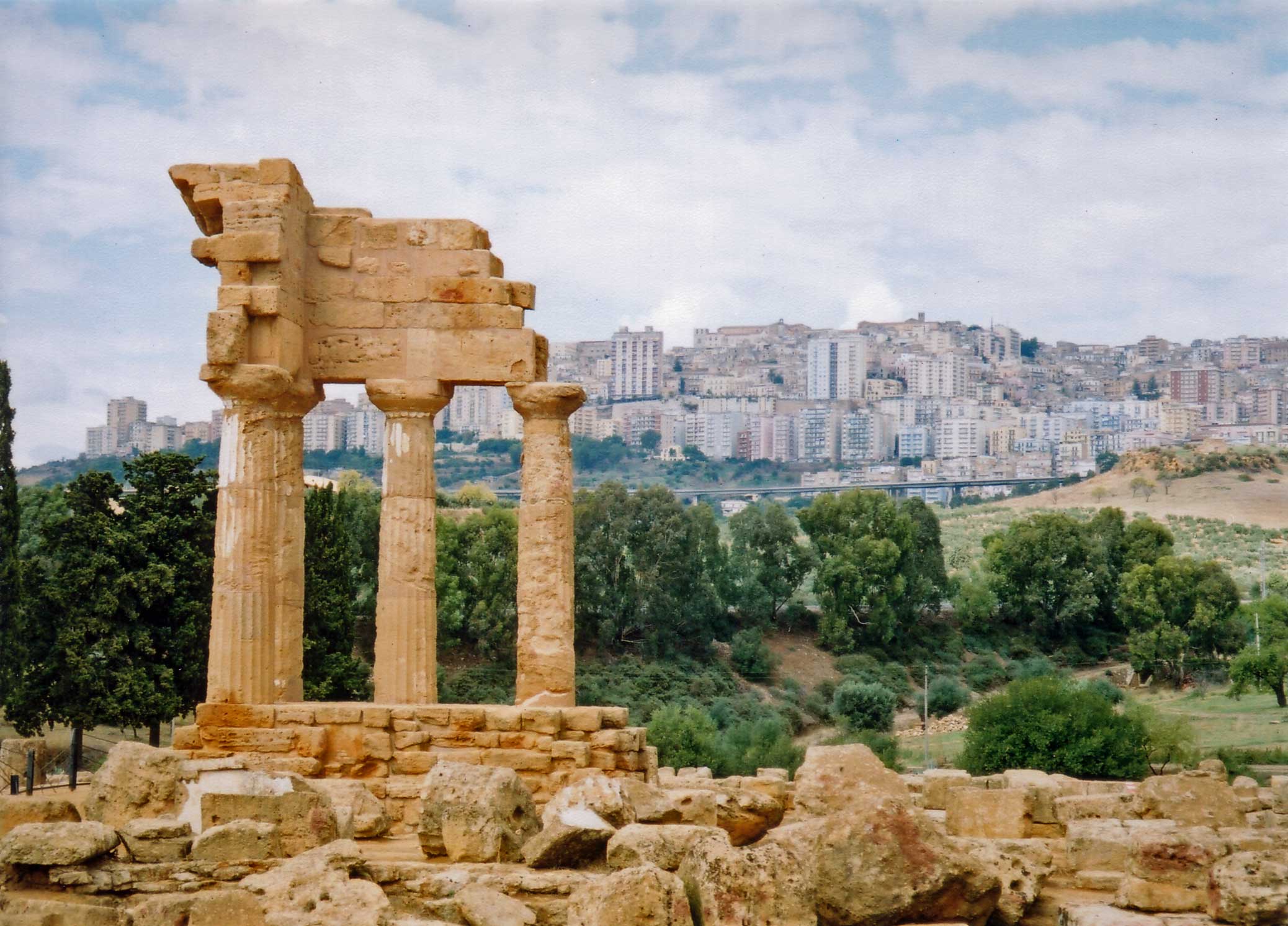By Jon Garaffa ’20, Humanities Council
Recasting antiquity, Jhumpa Lahiri (Creative Writing) and Yelena Baraz (Classics) teamed together to teach HUM 470 / CWR 470 / CLA 471: “Interdisciplinary Studies in the Humanities: Ancient Plots, Modern Twists” this past fall. Offered through the Humanities Council, the seminar served as a capstone for the Certificate in Humanistic Studies. It examined how today’s writers reimagine classical narratives so as to illuminate contemporary issues.
Baraz explained that she proposed the course as her capstone project for her Behrman Professorship at the Humanities Council. She intended to focus on ancient texts along with their modern interpretations and adaptations. At the recommendation of the Council’s Executive Director Kathleen Crown, Baraz approached Lahiri to gauge her interest in co-teaching the course.
Lahiri sought to incorporate a creative writing component into Baraz’s idea, by concentrating on literary elements, such as plots and themes. The course thus shifted toward more open-ended, broader themes and storytelling techniques, with encouragement for students to produce their own creative work. Students applied for a limited number of seats in the seminar, receiving special consideration when enrolled in the Humanistic Studies or Creative Writing Certificate. All 12 seats filled.
Baraz and Lahiri started their collaboration by discussing the texts that excited them and finding connections among these selections. They grouped readings into four themes: Abandonment, Monster, Plague, and Metamorphosis. The ancient side included Euripides’ Greek tragedy Medea, about the eponymous princess’ revenge on her husband Jason after he leaves her for another woman. It also included Ovid’s Latin narrative poem Metamorphoses, which recounts history from the world’s creation to the death and deification of Julius Caesar in Rome. Contemporary texts encompassed South Korean novelist Han Kang’s The Vegetarian, about how a homemaker’s decision to stop eating meat severely distances her from her family and from society, and Elena Ferrante’s The Days of Abandonment, which recounts the sudden end of a seemingly stable marriage. The instructors sought to demonstrate how many motifs from antiquity still resonate with contemporary audiences today.
Notably, Baraz remarked, the teaching team conceived of the Plague unit before the spread of COVID-19, such that the unit became much more relevant than they had initially envisioned. The Plague readings included Canadian novelist Emily St. John Mandel’s Station Eleven, about the adventures of a group of traveling performers after a devastating global plague, and José Saramago’s Blindness, on a mass epidemic of blindness that affects an unnamed city.
Paige Allen ’21, an English major who participated in the seminar, remarked that the relevance of the Plague unit to the current pandemic circumstances helped the students to bond over their remote discussions. However, she added that the discussions were challenging at times, since some of the Plague unit readings eerily echoed what the students have experienced in the past year. For example, in Blindness, the government grapples with how to combat a contagion that it does not yet fully understand.
Allen was drawn to the course by its emphasis on storytelling. In her first year at Princeton, she took HUM 216–219: “Interdisciplinary Approaches to Western Culture,” which equipped her to track the development of Western literature as it progressed. Excited to continue, she took “Ancient Plots, Modern Twists” to learn more about how ancient stories are revisited and reimagined over years. She especially liked how the course taught students to use classic texts as lenses for understanding timeless themes found again in later periods. Considering post-graduation careers in journalism and academia, she saw “Ancient Plots, Modern Twists” as a unique opportunity to discern what truly makes a text appealing and relatable to its readers.
According to Allen, each unit of the course moved chronologically, from classic to recent stories. “The contemporary texts we read took the themes, plots, ideas, and structures created by ancient texts and used them in a different way to tell a new story,” she said. “Knowing the puzzle pieces that they were working with enhanced the reading of those contemporary texts.” Allen added that the students benefited from having mostly taken “Interdisciplinary Approaches to Western Culture,” as they could reference a common body of texts to enhance their discussions.
For their midterm and final papers, students could choose between writing critical essays and writing creative pieces. They also gave an oral presentation, participated in extensive discussions over Zoom, and had opportunities to peer review one another’s work. Through the coursework, students honed their close-reading skills and ability to link texts, Allen noted.
“Despite the inevitable limitations of the technology, we always felt that the students were very present,” Baraz remarked.
Lahiri hopes that the seminar encourages the students to keep reading literature and understand it critically in an interdisciplinary context. She underscored the importance of introducing more courses that create bridges between creative writing and other departments in the humanities. “There’s so much room for collaboration, crossover, and dialogue between fields,” she said.
Teaching this course has inspired Lahiri to join the “Interdisciplinary Approaches to Western Culture” teaching team this coming fall. Lahiri will be the first Creative Writing professor to teach for the course. She noted that it was her collaboration with Baraz and the students that drove her to join the team.
Furthermore, Baraz hopes that the students were able to discover something new about themselves through the community that the seminar offered. Lahiri and Baraz hope to offer “Ancient Plots, Modern Twists” again.
“This course gave students a space to try new things, explore new genres and time periods, and then become a part of the conversation themselves through their own work,” Baraz said. “We are very grateful to the Council for making this course possible for us and for the students.”
















